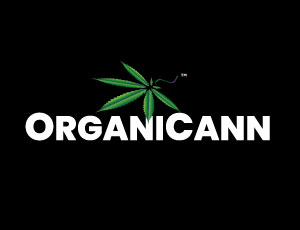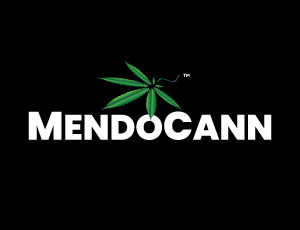Earth First: What is Biodynamic Cannabis Cultivation?
According to the Biodynamic Association, “biodynamics is a holistic, ecological, and ethical approach to farming, gardening, food, and nutrition.” But, what does that look like in practical terms and what are the benefits?
Biodynamics takes the ethos of organic farming and takes it ten steps further. Dr. Rudolf Steiner is credited as the founder of the biodynamic movement, the principals of which are based on his work in the early 1920s. It embraces a holistic approach to agriculture and has been applied to gardens, farms, vineyards, orchards and ranches.

Like organic farming, biodynamic farming utilizes natural fertilizers and soil enhancements like manure and minerals and eschews the use of chemical pesticides and other artificial additives. Creating harmony between all of the natural elements is paramount in biodynamic farming. Practically, this means planting or caretaking of compatible trees and plants, supporting beneficial wildlife and insects for pollination and natural pest control, keeping livestock for supplying manure, using crop rotation and composting to return nutrients to the earth.

Diversity is the key to successful biodynamic farming; diversity in flora, fauna and seeds. Varied plants both natural and cultivated in the biodynamic garden, multiple types of livestock and beneficial insects, and the use of heirloom and open-pollinated seeds all work together to create an end result of robust and flavorful plants.
Like Certified Organic, biodynamics has a rigorous certification process. The Demeter Biodynamic® Standard for certification was established in 1928 and has certified more than 5,000 farms in 60 countries. Biodynamic certification in the United States uses the USDA organic standard as a foundation but adds requirements. The Demeter Biodynamic Farm Standard requires that the whole farm, and not just a specific crop, is certified; crops and livestock are integrated and animals are treated humanely; imported fertility is kept to a minimum; the biodynamic preparations are regularly applied; at least 50% of livestock feed is grown on farm; at least 10% of the total farm acreage is set aside for biodiversity; and the farm upholds standards of social responsibility.

So, what does this mean for the consumer? By looking for certified organic and bio dynamic products, you’re eliminating the risk of exposure to dangerous agricultural chemicals, getting a naturally potent and flavorful product, plus supporting socially-responsible, ethical and earth-friendly farming practices.


